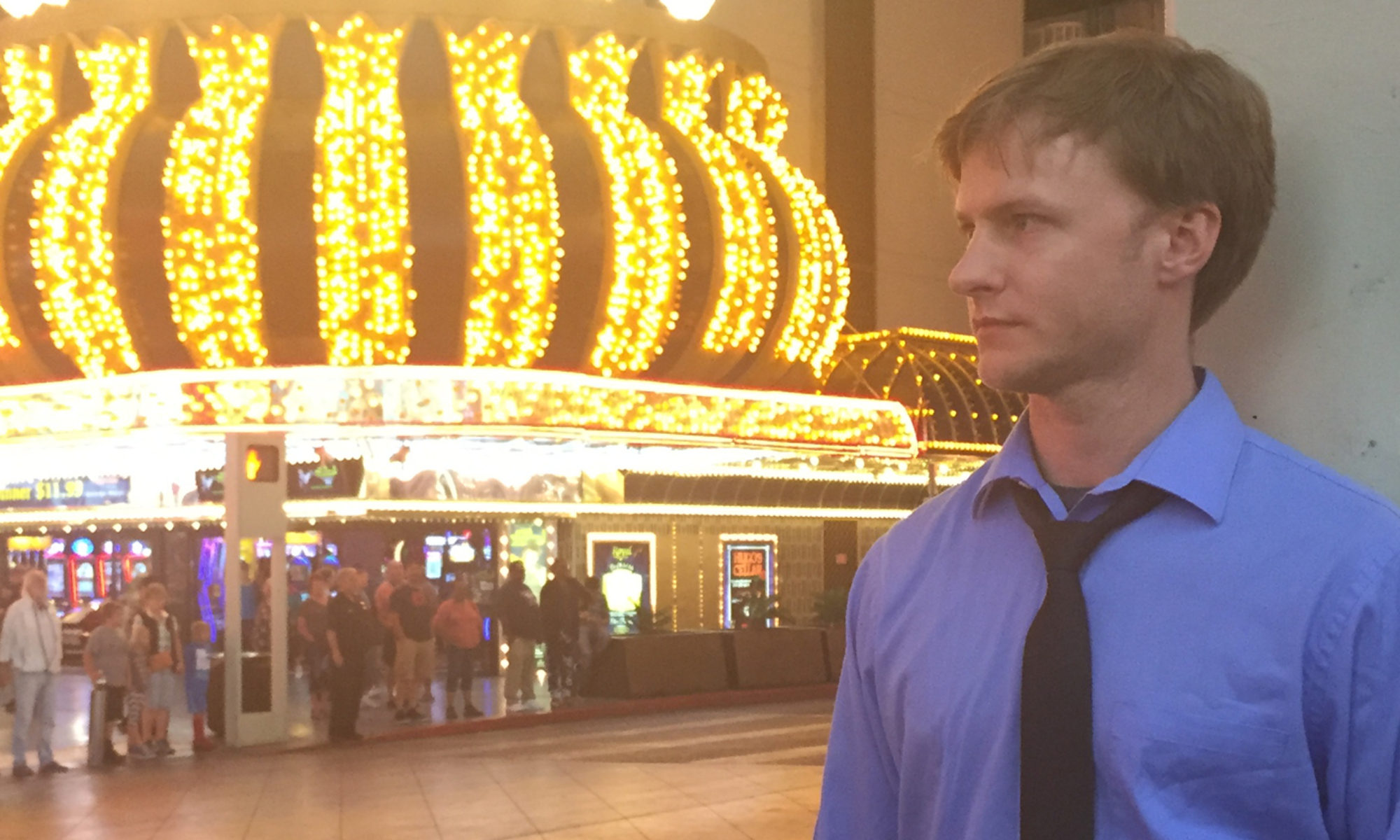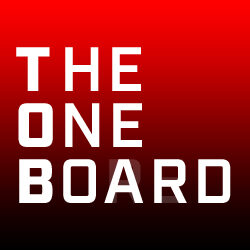This installment of The One Board originally appeared in Bowlers Journal International, May, 2021
Last month, we saw two of the highest profile short-duration events on the USBC calendar. “Short duration,” of course, means “excruciating long-term mental pain.” Also, “USBC calendar,” in this case, means “USBC and/or BPAA event through qualifying and match play under USBC rules and then a stepladder finals portion contested under PBA rules that also counts as a PBA major title if the winner is a PBA member at the time of competition.”
The USBC Masters and U.S. Open both took place at the National Bowling Stadium in Reno, adding to the rich histories of the NBS and the events themselves. Including practice and a PTQ for the U.S. Open, each short-duration event lasted a full week and involved 16+ hours of daily qualifying before reducing to a mere 10+ hours of daily match play. Meanwhile, Major League Baseball worries about their three-hour pace of play.
If you’re new to bowling, you may be wondering how the duration of such a spectacle could possibly be considered short. During a day of qualifying, residents of the Eastern time zone could, completely hypothetically and not implying this very specific example happened, wake up at their usual time, put in a full day of work, play 18 holes of golf starting at 4:44 p.m., go out for dinner after the round, then still get home in time to watch every shot of C squad.
For further context, you could get on a plane in Detroit as the first ball of A squad was rolled, fly to Tokyo and be settled in your hotel room in time to watch the last two games of C squad. If you’re Eliud Kipchoge, the world record holder in the marathon at two hours, one minute and 39 seconds, you could run eight marathons in the amount of time it takes us to finish one of the five days of bowling competition. This leads to the long-held cliché among the marathon community: “It’s a bowling event; not a sprint.”
Unlike losing with 750 while the guy on the next pair wins with 540, let’s be fair: “short duration” is being compared to the Open Championships, which last for months. In that sense, a mere week of bowling certainly is short. However, in the Open Championships, each entrant bowls nine total games over the course of two days. In U.S. Open match play, each player bowls 16 games in a single day at the end of a week in which they already bowled 40 games. Which one, if either, is truly short?
All this ruminating is not to suggest the USBC Masters or U.S. Open are mislabeled as short-duration events. Within the bowling lexicon, they are correctly labeled. However, bowling has required so much time for so long that the tournaments we consider to be of a short duration still require us to use the long-term parking lot at the airport.
Whereas basketball fans will leave NBA games before the game ends, either to beat the traffic or because two hours of watching other people compete was enough, bowling fans look at a four-hour qualifying round and say, “That wasn’t so bad.” Then, immediately after saying it wasn’t so bad, another not-so-bad four-hour round starts.
We spend so much effort comparing bowling to itself that we’ve lost all context within real life. Yes, a four-hour qualifying round is short because normally qualifying takes five or more hours. Yes, a week-long event is short because another event lasts months. We don’t even have a specific cutoff for short oil versus long oil. We simply know it’s either short or long by comparing it to other patterns that are either longer or shorter.
Despite every other sport trying to speed up their games, why should bowling feel pressure to do the same? What’s wrong with comparing ourselves to ourselves? In what other sport can you spend a long time competing in a short-duration event while getting a long-term-stay rate at the hotel with a complimentary short-order breakfast prior to a long day on a short oil pattern with a long history of frustrating short-sighted players without a long view of the short event? After all, it’s a marathon; not a sprint.

